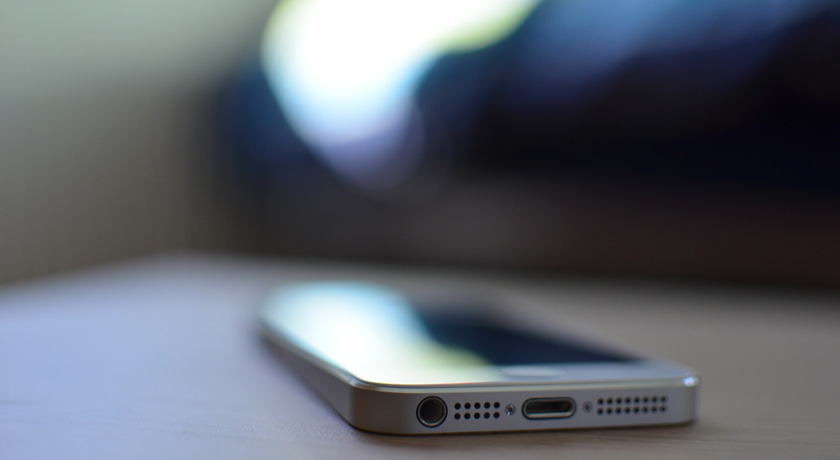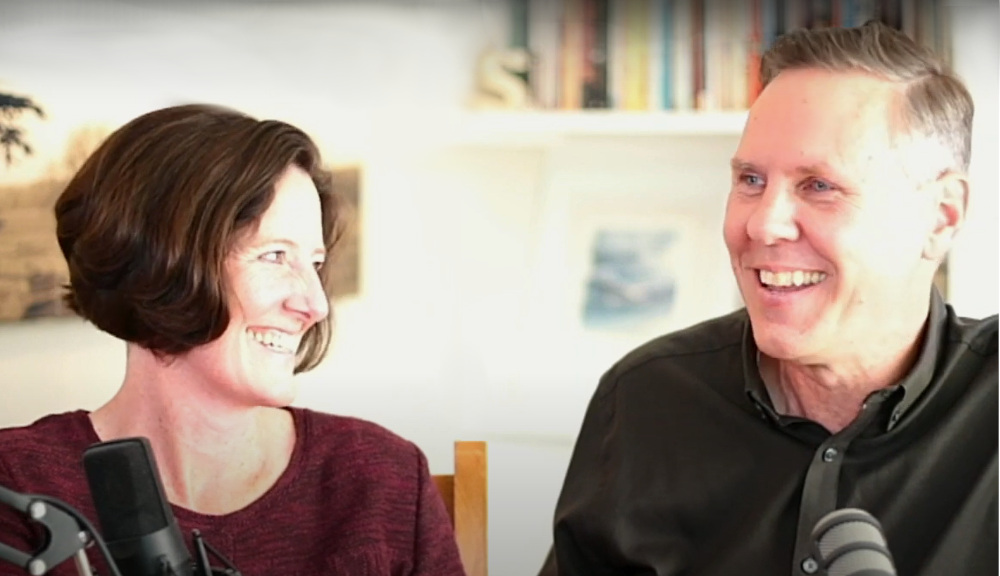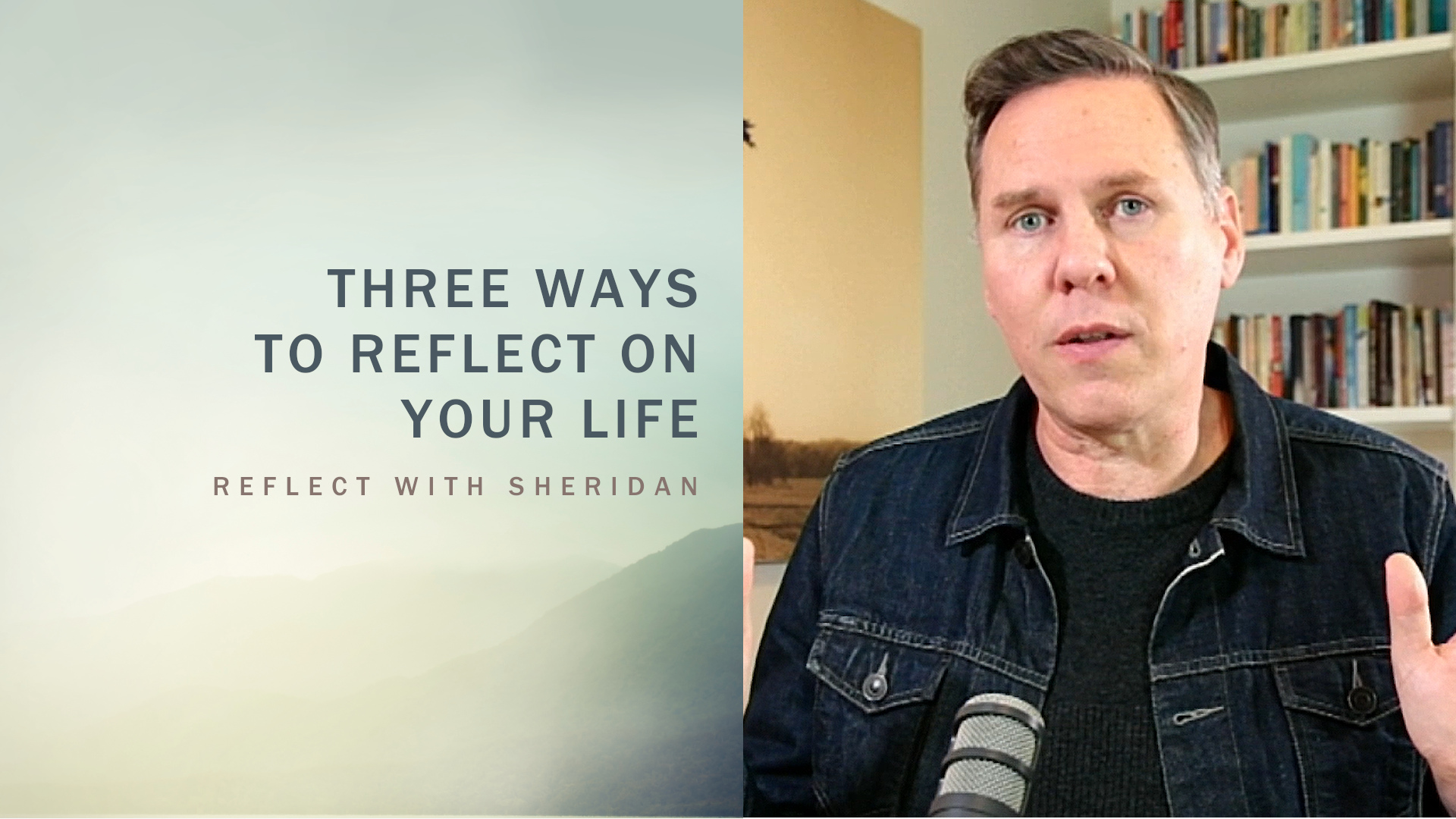Four Reasons Why You Should Try a Social Media Fast
Facebook, Twitter, Instagram, LinkedIn – I use and enjoy them all. But sometimes I enjoy them too much. I have just completed a social media fast. It wasn’t a long one – just four weeks – but the effects have been significant; enough to prove I need to do it again. My time offline left me more energised, clearer in thought, and less annoyed, depressed and jealous (this might be a revealing post). Here’s what I learned and why I think it’s worth scheduling a periodic social media fast into your calendar too.
The New Addiction
Social media is a gift. It connects us to distant loved ones. It helps maintain friendships. It enables new personal and professional contacts to be made. It can disseminate important ideas. Like any tool though, it can shape the hand that holds it. The addictive aspects of social media are becoming well known. In fact, psychologists have a name for one potent aspect of it: Intermittent Variable Reward.
IVR describes how a repeated behaviour might bring a reward, much like the player of a slot machine pulling the lever again and again in hopes of a jackpot. In this case, it’s the next scroll of the page or checked notification that might reward us with some kind of emotional benefit. And so we find ourselves scrolling through Twitter while watching TV, checking Instagram at every toilet break, popping into Facebook a hundred times a day, clicking on links (and then the links on those links) – pulling the lever over and over to subconsciously get a hit. No wonder our heads are so often buried in those screens. Every scroll promises a potential hit of happiness. (Thank you Benjamin Ellis for this insight.)
Picture: Mark van Laere, cc by-nc-nd 2.0
I was finding myself moving in this direction, getting pulled into discussion threads on topics I didn’t really need to worry about, following inane hashtags to inane places, checking in to see how many people had liked or commented on my last post – usually when I was tired and needed some kind of ‘hit’. It was time to take a fast to bring this menace under control. Here are the greater rewards I found:
1. Less Drain, More Energy
My fast began by posting a short message on each of my platforms saying I would be offline for a month and giving a date I’d return. This status update both let people know why I’d suddenly gone silent and wasn’t replying to their messages, but also brought some accountability. If I ducked in before August 12 I was breaking the fast, something they could pull me up on. I deleted the apps on my phone too. After a day of reaching for it out of habit, I soon had little drive to break the fast. Instead I started to feel quite free, even energised.
Let’s keep the economic motives of the whole social media complex in mind. Facebook, Twitter, Instagram and the rest really have one goal: to keep our eyeballs locked on their sites. That’s what keeps their advertising and other revenue streams flowing – mightily. Hence, all the notification systems, friend suggestions, birthday and event prompts pushed out to us to promote (and reward) continual use. These platforms employ teams of psychologists to optimise these desired behaviours – to keep us pulling those levers. Either following or battling these persuasive requests drains more energy than we realise.
Once we’re on our favourite social site there can be a lot of work to do: respond to a comment, add to a discussion, read a rant or two and decide whether to post our affirming / snarky / outraged response, assess a friend request, read an article someone tagged us in, say happy birthday to someone (or feel bad all day that we didn’t) and reply to messages (most days I get several Messenger notes, many asking me to promote some good cause. These are personally written requests, not spam. I get messages about my books or asking for spiritual advice – most of which is a delight, but always emotionally costly). Coming offline meant less of my mental, emotional and spiritual resources were being used. These could then be redirected where they were most needed.
2. Less Distraction, More Focus

All that scrolling is doing something to us. We are being trained and disciplined (discipled) to look briefly at life, assessing whether that update, picture, video or article is worth our time (or will give us the hit). With every swipe of the screen we’re developing a habit of seeing only the surface, a brief splashing in the shallows rather than venturing deep. Scroll. Flick. What’s next. I’m amazed at some of the beautiful Instagram pictures I’ve breezed by which demanded greater reflection. Maybe there was an even better image coming next.
Can we do much other than this, though? No one can reply to every status update, click on all those links, gaze longingly at every Instagram image. We have to be selective. But there’s a question of inputs to consider here. The more we try and stuff into our eyes the more selective we have to be. More inputs = less depth.
My fast allowed me to regain some control here. Instead of splitting my attention between TV and phone I focused wholly on the documentary I was watching (BBC docos are one of the greatest contributions the English have made to humanity). Instead of checking Twitter every half hour I focused on my work. Instead of clicking and scrolling I paused, listened, watched, prayed, breathed, rested in that moment. Simplicity is less distracting than complexity and allows us to focus on the task at hand. Better than that, simplicity counteracts duplicity. We go in one direction rather than being pulled in many.
3. Less Annoyance, More Peace
It’s good to listen to those you disagree with. When our social circles are populated only with those who share our views, personal prejudices can be reinforced, blind spots left hidden, and our worldviews kept small. On this, social media can be an echo chamber or a speakers corner. I purposely follow people I disagree with socially and politically to make it the latter. I need my views checked and challenged.
But there’s a cost to this. Many a morning I have sat down to my work angry from something I’ve read on Facebook or (more likely) Twitter. My mind now hijacked, I’ve puzzled over the arguments, composed responses, imagined conversations, and been otherwise distracted from what I’m supposed to do. Sometimes these have been over important national discussions. At other times they’ve been on topics I’ve had no need to be engaged in. Either way, I’ve lost valuable time and energy giving them headspace.
Anyone who has been around the interwebs for a while knows that social media works best on emotion. The more you express anger, sadness or excitement about something the more response you will get (whether for or against what you’ve said). That’s when the algorithms kick in. The more response you get (called ‘engagement’ in tech talk) the more your post gets seen by others. More emotion = greater engagement (= a greater ‘hit’ too?). And so cunning communicators craft messages for greater emotional impact. This has led to many things, not least contributing to the ‘age of outrage’ commentators now discuss.
Some conversations have to be had. By nature some of these will (maybe even should) stir our emotions. But my fast removed me from some of the lesser controversies the net dwells in: what John Piper said that has progressives in a tizz, what Rachel Held Evans said that annoyed conservatives, President Trump’s tweets and the counter-tweets they birth, etcetera etcetera. It’s been freeing being out of the loop.
4. Less Disappointment, More Contentment
 Photo by Thom (creative commons)
Photo by Thom (creative commons)
Some people use social media to stay in touch with friends and family, and perhaps a few celebrities and news outlets. Others use it to share and discuss ideas. I use social media primarily for the latter. And on this, recent developments have led to frustration. Thanks to algorithms employed by the main platforms, only a small percentage of your friends and followers (6-12% for Facebook) actually see your post. If you want more to be reached you have to pay to play. The vast majority of my 4000+ Facebook friends have friended me because they want to see my content. When you spend hours on a blog post people want to see but don’t get to see, it’s disappointing. (Tip: get my email newsletter instead. It will reach you!)
Not only has this led to disappointment but, for me, a degree of jealousy when I see others getting greater engagement with their posts than I do mine. Shallow, huh? One of the great benefits of fasting – whether from food, people, whatever – is that, combined with prayer (it’s not that powerful in itself), fasting helps us keep desires in check. In this case it helped me be grateful for the connection I do have with my readers and listeners, and stop lusting after more.
One more thing. There’s some dark stuff out there. While a good internet filter will block adult websites, little is currently filtering the millions of adult images and videos pouring through social media. Clicking the most innocent of hashtags can lead to these, as savvy marketers hijack them. Jealousy, lust and disappointment are interrelated – they each instil a lack of contentment for the riches our lives already contain. My social media fast removed me from these pressures and gave me space to reassess how and when to use these tools in a way that maintains gratitude.
Back to Basics
My social media fast has been so valuable I have wondered whether to return. But I have. Some of the most powerful ministry has happened through it. Most of the feedback I receive from readers of my books comes through it. My channels have been the conduit of hundreds of great new ideas (I love brainstorming ideas for my BBC Radio spots and other projects with my tribe. They’re brilliant!). It’s still a key way to connect, share content, and encourage others. It’s still a gift.
But I’ll be using social media differently. How? That’s for another post (I’m still working it out). I know that more fasts will come, even if just on weekends. And I know that when I’m zoning out on endless scrolling and flicking, it’s time to go do something else.
Talk to Me
What limits have you out in place to use social media well? What’s stopping you from trying a fast? Leave me a comment below.







Arul John
Thank you for sharing this Sheridan! I also tend to follow my social media too much and then justify the habit by saying that I am checking out truly relevant information, such as governmental issues, what is happening in the US and beyond, etc But many times, I do feel drained by it all, I think a social media fast is in order for me too!
Sheridan Voysey
Ah, that old justification thing. Glad you mentioned it. I have plenty of justifications for being endlessly online (“I’m just staying informed…”). Actually, we probably don’t need to know as much as we do about most of what we follow.
Arul John
Thanks for your reply Sheridan! I can relate to the point about us not needing to know as much as we do about most of what we follow, But there is FOMO – the Fear Of Missing Out – the celebrity one has a crush on, the political event one has to follow, the pet topic that one does not want to miss. Many distractions and too little substance, something like smoke and mirrors!
Anne Le Tissier
I totally agree .. A brilliant piece of writing I might add. I make sure I fast from it at least one day a week, sometimes a weekend, plus a minimum of 5 separate weeks a year. I also limit how many people I follow in order to truly be able to listen to them, be present for them, and not just skim. Finally, I try to keep different media for different purposes. Facebook is purely family and friends who live far away. Instagram is for sharing and learning from others who enjoy the country life. Twitter is my “office” .. A place to connect, encourage, learn from and yes, let others know what I am up to and what is helping me in work, faith etc. So it does include some news, politics, other views and even a few comical ascwell as literary and faith feeds, to maintain a balanced environment. Will enjoy learning from your feed again, now that you are back. Anne
Sheridan Voysey
I love the intentionality behind your use of social media, Anne. How very well thought through! I’m taking notes!
hodge publishing
Useful. Especially useful for younger people who have not been raised on delayed gratification, or used the Web long, long ago before there was Social Media! I am on it for the same reason as the author of the article: career interest groups – we share stuff which is mutually useful. But, I’ve also been able to connect with long ignored bits of extended family, too, which is nice, and beneficial, and friendly. I do get very annoyed though, on the general ‘home page’, when people are going ‘whoop, whoop! about someone’s book launch, or heaping congrats on someone for publishing a book – when it is a large number of people,all smiling a similar word, with exclamations, it can look very inane, whereas it is actually genuine … FB chat can begin to look rather, let’s say, ‘un-intellectual’! So … I may try to extricate myself, with suitable notice, for a while… HOWEVER I do also have ) real-time, regular, ordinary, face to face,) friends in far flung places who use Facebook Messaging as their communication of choice – and having not seen someone’s message with dire consequences am wary of dropping out totally seems to all add up to, We all need to l earn when to say NO to our instincts to over-communicate and to get involved emotionally!
Sheridan Voysey
Yep, wise use is the key.
Vivienne Voysey
It’s a good slave but a bad master! Like everything balance is the key! I only look at one social media and use the net to check important information on health matters or reveiws on something I might find helpful in my day to day life. Even reading the Sunday paper I found was tending to control my time taking it away from other things to do or read!
Cheryl Marone
Sheridan, thank you for this wonderful information. I know it will transform and refresh my life as I take a step back to reflect. Although I would love to visit L’Abri in the Swiss Alps to rest and recharge, I can do it at my own home for now.
Linda Santavicca
Hi Sheridan:
Given I am working through a major project (and you know what that is), I have little time for social media. Very distracting. Yet, your posting impelled me to chime in. It has been proven that social media is addicting. It was created to build momentum. But, addicted to what? Scrolling out of boredom? Scrolling to see what others are doing? Maybe, but from my experience, the addiction is to “self.” When I first created an account on all social media sites, I started posting. First, a bit at a time, then a bit more, and then I increased the frequency to “non-stop.” What did I post? Places where my husband and I traveled, marathons I ran, destinations I skied, photos of exotic meals, sunsets, sunrises, and the list goes on and on. Why was I posting? It was an addiction to “self.” Of all my 437 friends (and seriously, 437 friends?), who is going to hit like? I was scrolling non-stop to see who viewed my postings. That was vital to me at the time. I do believe social media can be a positive tool for such usage as marketing, selling and/or buying something, promoting an event, or seeking employment opportunities. It is also a great platform to encourage others through quotes and scripture. Personally, I use social media for sharing a good book, a great movie or concert, or posting an upcoming event. Other than that, I clawed back on posting, and here’s the real reason. While I may want the world to hit “like” on my page, I first ask myself why I am posting this. We can go anywhere yet there are those who can’t even get out of bed let alone travel. Although some of us may have a wonderful family, there are those who live alone and those who are just lonely. Some of us have the resources to dine at the best eating establishments while there are people who are scrambling to pay their utility bills. These are just a few examples that loom over me before I hit “send.” Now before I post, I ask myself “why?”
More so, with all the tasks we have to do in a day, I am all about: Starve your distractions and feed your focus.
Best ~
Linda S.
Sheridan Voysey
Excellent advice!